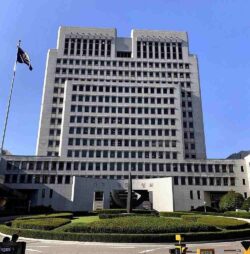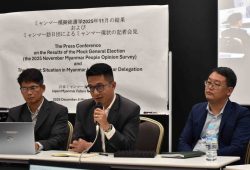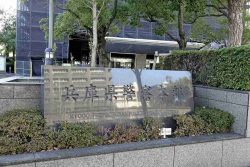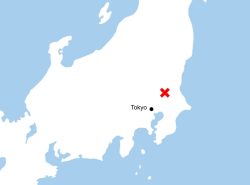North Korean Troop Deployment in Ukraine Could Impact East Asia Security; Fears Grow that North Korea May Learn Modern-day Warfare from Russia
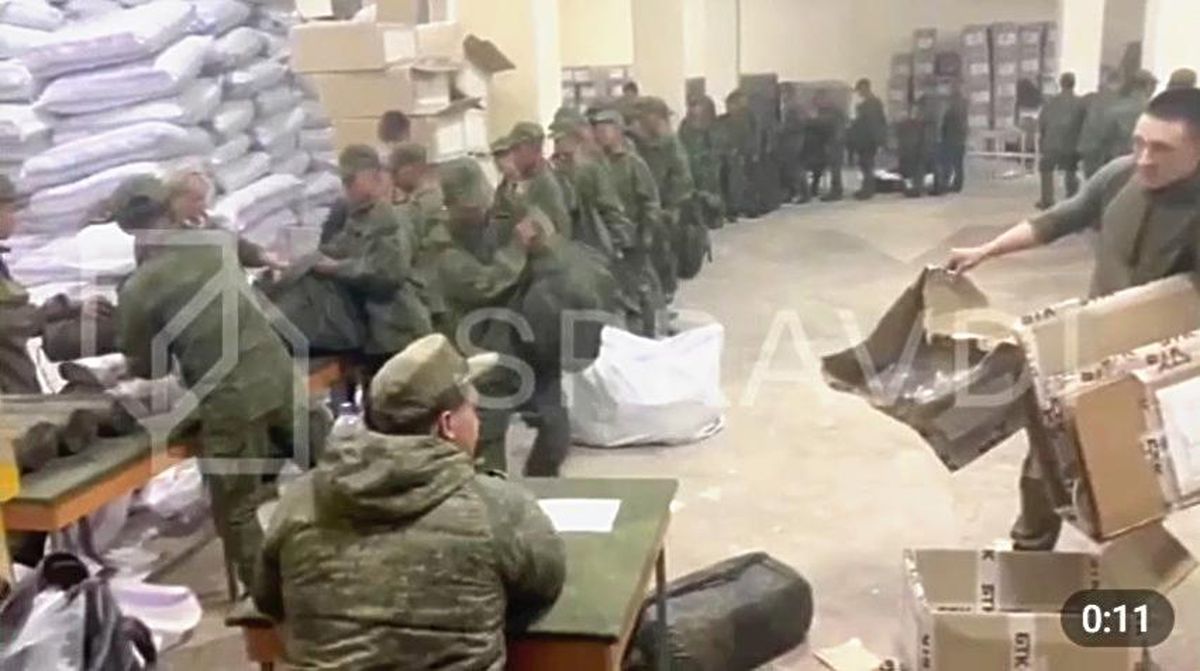
North Korean troops are seen receiving supplies in a military training facility in the Russian Far East in a screengrab from footage released by Ukraine’s intelligence center.
7:00 JST, November 14, 2024
SEOUL/BEIJING — Military cooperation between Russia and North Korea amid Russia’s aggression in Ukraine is feared to have a serious impact on security conditions in East Asia, including Japan.
There is a possibility that North Korea will learn techniques of modern-day warfare and Russia could provide technologies related to nuclear weapons and missiles to the country.
The North Korean troops who have entered Russia are believed to be elite soldiers of special operation units. It is assumed that they will engage in urban warfare in Seoul or other large cities should a military contingency occur in the Koran Peninsula.
According to South Korea’s National Intelligence Service, the North Korean troops are now learning how to control unmanned aircraft in Russia, among other things.
South Korea and North Korea are only in a truce. Thus, South Korea is wary that the North’s troop deployment to Russia may help strengthen North Korea’s military capabilities.
South Korean President Yoon Suk Yeol openly expressed his sense of urgency at a press conference on Nov. 7 saying, “If the North Korean military acquires modern-day warfare experience, it will be a deadly problem for South Korea’s security.”
If a military contingency occurs in the Korean Peninsula, Pyongyang expects Russia to become involved based on a recently ratified treaty between the two countries.
It seems that Pyongyang also expects Russia, as a nuclear superpower, will provide its technologies related to nuclear weapons and missiles in exchange for North Korea’s provision of weapons and military deployment.
Such an improvement of North Korea’s technological capabilities will be a serious threat to Japan and South Korea.
On the other hand, China, which has backed Pyongyang, has taken a wait-and-see attitude regarding the “bilateral relationship” of Russia and North Korea as the two grow closer.
But diplomatic sources in Beijing share the view that Chinese President Xi Jinping’s administration does not regard the ties favorably and views the relationship as one that could raise tensions in the Korean Peninsula.
China has placed importance on North Korea’s role as “a buffer zone” against U.S. forces in South Korea and the South Korean military.
Chinese military officials and other experts have expressed concern that the current situation may make “peace and stability” in the Korean Peninsula collapse, the sources added.
Some in the international community are demanding that China exercise its influence on Pyongyang so that North Korea does not join Russia’s aggression.
However, it is expected that Beijing will not take any substantial action since doing so may cause North Korea to lean further toward Russia.
"World" POPULAR ARTICLE
-
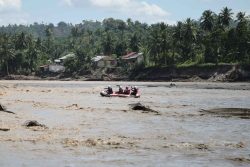
8 Japanese Nationals Stranded on Indonesia’s Sumatra Island
-

Mozambican Cooking Class Held in Matsuyama, Ehime Pref.; Participants Don Aprons, Bandanas Made from Traditional Mozambique Fabric
-

China to Impose Sanctions on Shigeru Iwasaki, Former Head of Japan’s Self-Defense Forces, Who Serves as Adviser to Taiwan’s Executive Branch
-
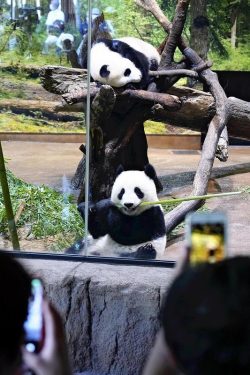
China Steps Up ‘Wolf Warrior’ Diplomacy Against Japan, Hurling Accusation About Plutonium Stockpile
-

U.S. Senate Resolution Backs Japan, Condemns China’s Pressure
JN ACCESS RANKING
-

Keidanren Chairman Yoshinobu Tsutsui Visits Kashiwazaki-Kariwa Nuclear Power Plant; Inspects New Emergency Safety System
-

Imports of Rare Earths from China Facing Delays, May Be Caused by Deterioration of Japan-China Relations
-

University of Tokyo Professor Discusses Japanese Economic Security in Interview Ahead of Forum
-

Japan Pulls out of Vietnam Nuclear Project, Complicating Hanoi’s Power Plans
-

Govt Aims to Expand NISA Program Lineup, Abolish Age Restriction



